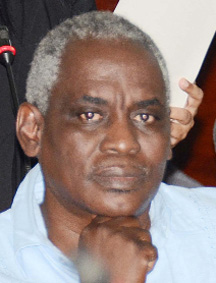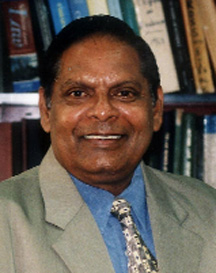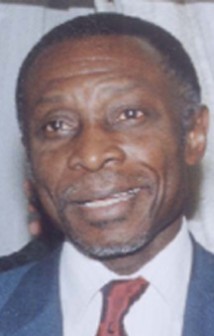The National Assembly on Thursday passed a motion approving the government policy outlined in President Donald Ramotar’s inaugural parliamentary address, despite claims by the opposition that he failed to address the most important national issues.
After a lengthy and at times raucous debate, the motion was passed after A Partnership for National Unity (APNU) and the Alliance For Change (AFC) did not object when it was put to a vote.
The motion was in the name of Prime Minister Sam Hinds, who said that the President had used his speech to indicate his vision to the National Assembly and the nation. He said while it was void o a legislative agenda, the President spoke at length about several initiatives in the pipeline that would benefit the nation. Among the initiatives, Hinds noted, were the deep water harbour, the Lethem to Linden road and the One Laptop Per Family (OLPF) project.
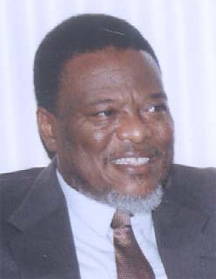
Hinds said that since 2005, Guyana has experienced steady progress, to which many institutions could attest. He told the House that the government recognises that it has much more to do in ensuring that the lives of Guyanese are improved and noted that given the new make-up of the Parliament, cooperation is key.
Meanwhile, Opposition Leader David Granger expressed APNU’s disappointment at Ramotar’s speech and said it was expected that the President would have presented a document that outlined his vision for the nation.
Ramotar, Granger noted, addressed the National Assembly in February at a time when there were several significant issues that were occurring in the society, including floods, pirate attacks and industrial strikes in several areas and sectors across Guyana. The President, he added, did not frontally address these issues or present a legislative agenda to the House.
Home Affairs Minister Clement Rohee said that the President had articulated a vision for development where the working class people were at the centre. Rohee told the House that while other Caribbean countries may be more developed than Guyana, it is because they did not have to go through some of the experimental processes and policies that this country has experienced. He said that Guyana is now poised for a rapid take off.
Meanwhile, Shadow Finance Minister Carl Greenidge said that the President had failed to present an integrated policy that would allow the House to see where he was going. Greenidge, however, warned that it could no longer be politics as usual for the government.
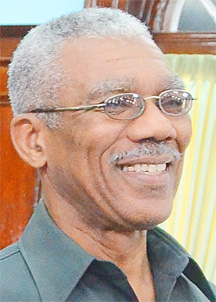
He said that the major projects that Ramotar had spoken about such as the OLPF, the Amaila Falls Hydropower Project and others were all inherited from former president Bharrat Jagdeo and had clouds of suspicion hanging over them. The President failed to say how he would seek to bring transparency to these projects, Greenidge asserted. Further, he said, the President did not mention initiating any inquiries that would clear the government of several allegations being made against it.
While commending Ramotar for delivering his speech with simplicity and without arrogance, AFC MP Moses Nagamootoo accused the Head of State of failing to address “the most important issue of national unity” and cohesion in the country. According to Nagamootoo, establishing a government of national unity should have been at the forefront of the President’s agenda. “I do not believe we would ever have a change in governance if we don’t have a change in government,” Nagamootoo declared.
Nagamootoo also said that that the President had failed to speak about important concerns of joblessness in the society and the rampant flooding that affects the residents of Mahaica and Mahaicony whenever the East Demerara Water Conservancy (EDWC) reaches a threatening level.
Meanwhile, Public Works Minister Robeson Benn also lauded Ramotar’s speech. Praising the President as fit to continue the tradition of past PPP/C presidents, Benn described Ramotar as the “most complete” president Guyana has had to date given his biological make up.
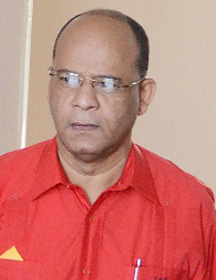
Ramotar addressed the House on February 10, where he indicated that his administration is willing to “exercise patience, forbearance, and reasonableness in the interest of all of our people” but warned that it would not be held ransom to “intractable postures”.